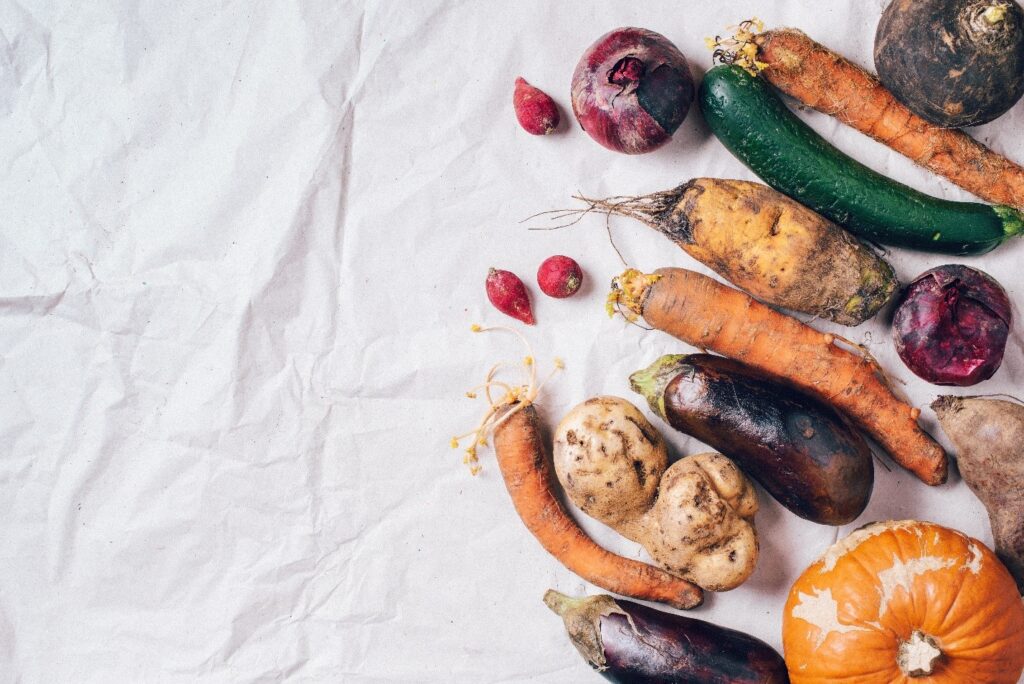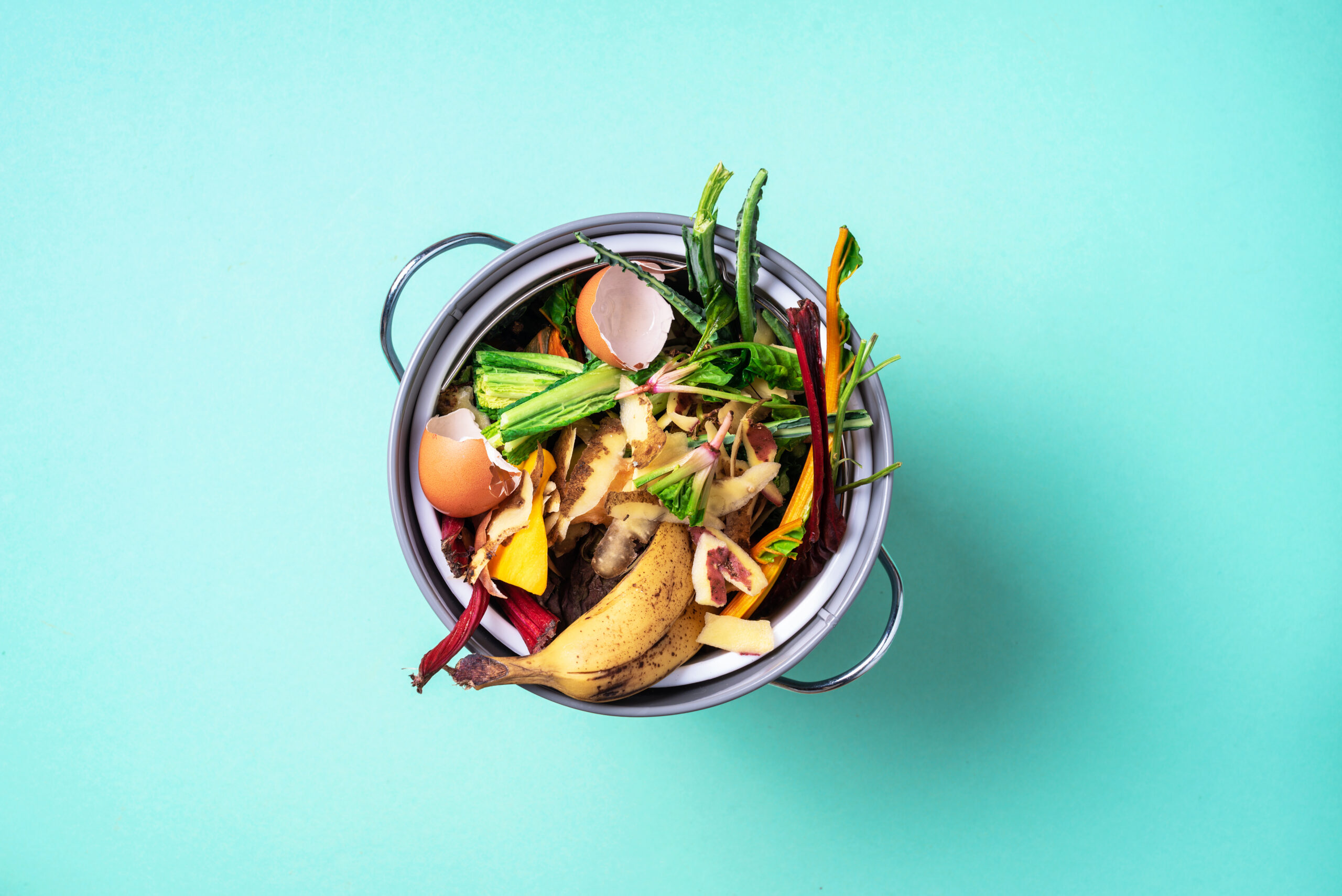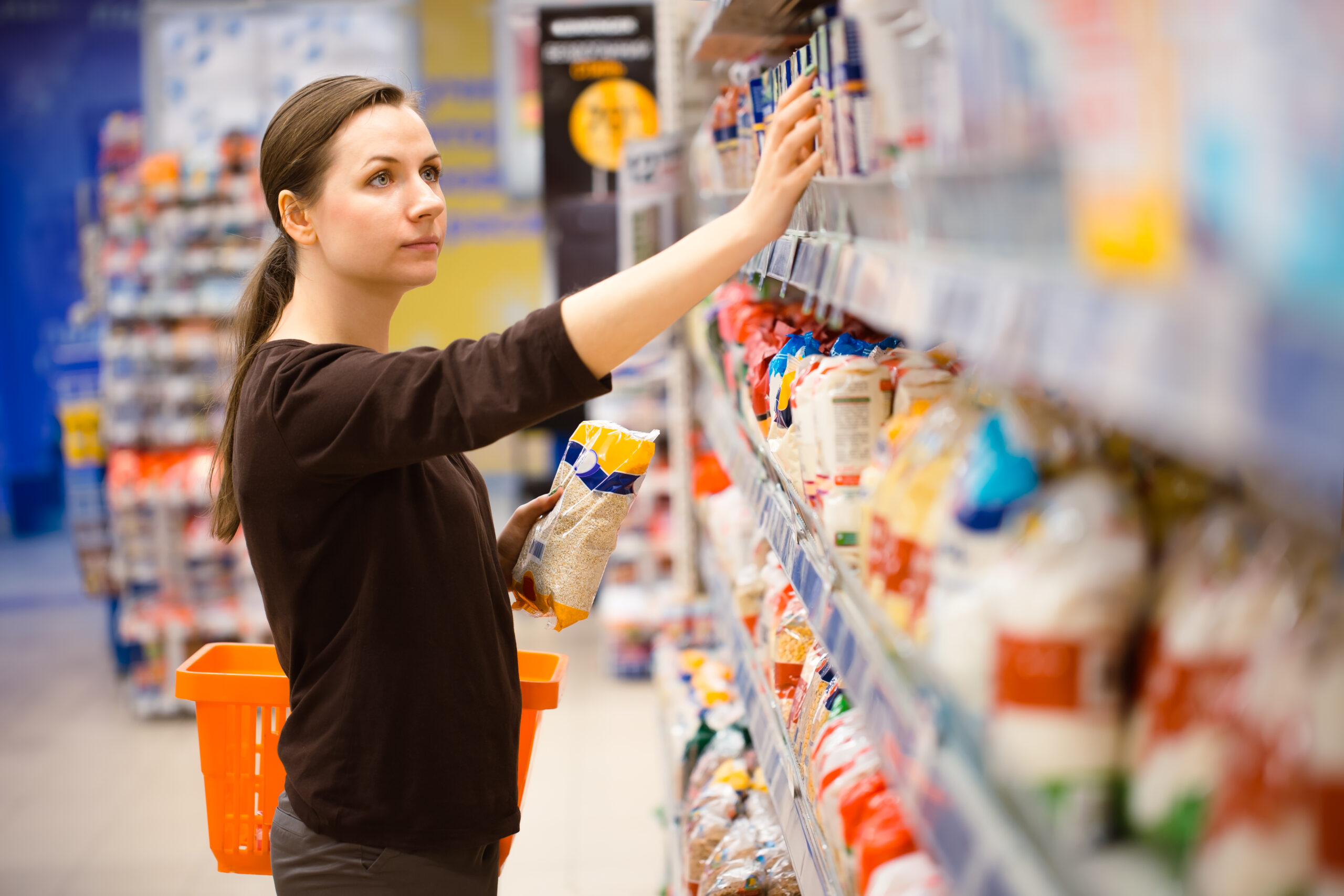The exact amount of food wasted globally each year is unknown, but the UN Food and Agriculture Organization estimates that a third if it goes to waste every year. With wasted food comes wasted fuel, resources and packaging, contributing to the worsening environmental and climate crisis. Not to mention, food left to rot in landfills releases further greenhouse gases into the atmosphere.
When the pandemic hit, food security became a cause for concern and many began wasting less food. Whether it was through meal prepping, planning, being more vigilant about checking kitchen cupboards or making better use of leftovers, less food was being wasted in households.
Since food waste is responsible for around eight percent of global greenhouse gas emissions, this is good news for the environment.
In Britain, household food waste fell significantly during the first phase of lockdown in April with only 14 percent of four key food staples – bread, chicken, milk and potatoes – thrown away, according to research and interviews by WRAP, an environmental group.
An average of 24 percent of food had been wasted before the pandemic. A second WRAP survey revealed that food waste had begun to rebound by June, While the waste of those products rose to 18 percent, it remained significantly below pre-pandemic levels.
Planning And Cooking More
Despite consumers panic-buying basic goods, migrant workers struggling to get to the fields, meat-packing plants shutting down and produce being left to rot in farms, lower household food waste has revealed a bright spot.
Out of necessity to not waste valuable food, consumers have become more adept at planning menus, trying new recipes and skills in the kitchen, checking fridges and cupboards before shopping and finding better uses for leftovers, according to food waste experts.
Since the average American family is estimated to waste about $1,800 worth of food a year, thriftiness and frugality when grocery shopping could prove a valuable habit in the economic and unemployment crisis caused by the pandemic.
Too Good for the Bin
During the pandemic, a survey from Germany’s Food and Agriculture Ministry revealed that consumers had started to become more concerned about wasting food.
Before the crisis, the government launched an anti-food waste campaign called “Too good for the bin,” urging people not to smell and taste their food before throwing it away if it reached or passed its best-before or expiry date.
Conducted during the pandemic, the ministry’s survey found that over 90 percent of German consumers were now checking food after its best-before date and not automatically throwing it away, compared to only 76 percent from a similar 2016 survey.
While food waste is not restricted to the home, it remains the biggest source in many countries. The European Union published a study estimating that over half of food waste came from households, 11 percent from production, and the remaining in areas such as processing and retailing.








Join or login to leave a comment
JOIN LOGIN